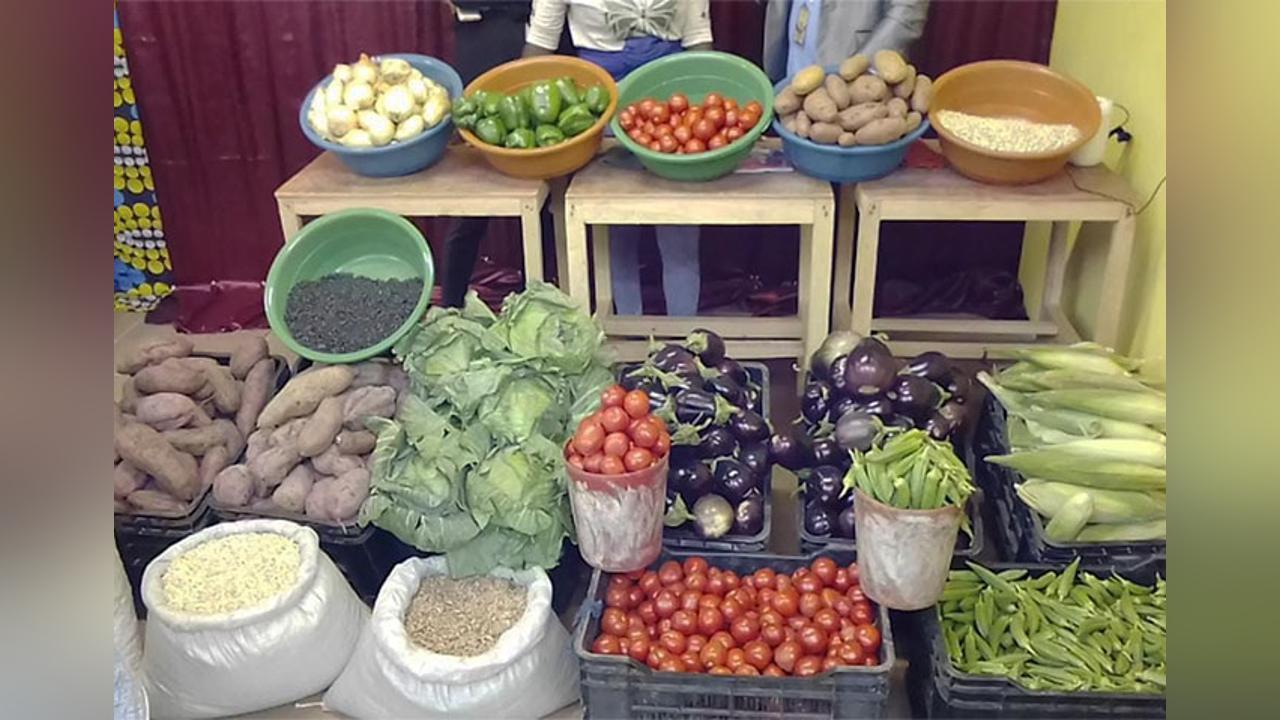Africa-Press – Angola. The new collection of Value Added Tax (VAT) at five percent, for 20 categories of widely consumed food products, came into effect from this month (January 2024).
The diploma was approved by the National Assembly, last November, in a proposal by the Angolan Executive to reduce this tax from 14 to 5% on basic food products.
For the province of Cabinda, VAT was reduced from 2 to 1%, taking into account the special regime in force in that region.
This VAT reduction applies to products such as fresh and frozen pork, beef, goat, lamb meat and its offal, frozen and dried fish, chicken thighs, condensed and powdered milk, margarine, eggs, beans, sweet potatoes and reindeer potato.
It also requires a reduction in cassava and yams, corn in grain, wheat in grain, pasta in grain, soybeans, sugar, salt, corn flour, cornmeal, wheat flour, meat sausages, bread, cooking oil, mineral and table water and soap.
From the perspective of the Executive, which presented the legislative initiative, the reduction in VAT will increase the purchasing power of families, contribute to food security and macroeconomic stabilization.
The Proposed Law that Amends the Value Added Tax (VAT) Code was requested in an urgent process by the President of the Republic, João Lourenço, as Holder of the Executive Power, under the terms of the Constitution of the Republic and the Rules of Procedure of the National Assembly.
Historic
Value Added Tax (VAT) came into force, for the first time in Angola, on July 1, 2019, with an initial and single rate of 14 percent.
In the same period and within the framework of the broad Tax Reform underway in the country, the Special Consumption Tax (IEC) and the new Labor Income Tax (IRT) were also implemented.
The Special Consumption Tax (IEC) is mandatory for all natural persons or legal entities or other entities that carry out production operations, whatever the processes or means used and import goods.
IEC rates are 2.00% for non-alcoholic beverages, non-manufactured tobacco, fireworks, jewelry and goldsmithing, among others, 16% for alcoholic beverages and tobacco and 19% for aircraft and pleasure craft .
The IEC rate for petroleum products on imports and national production is also 2.00%, being 5.00% in the case of gasoline other than aircraft and diesel.
The new Labor Income Tax Code (IRT) indicates that the distribution of profits in favor of members of purely civil companies, with or without commercial form, and income earned by holders of the corporate bodies of legal entities.
For More News And Analysis About Angola Follow Africa-Press






